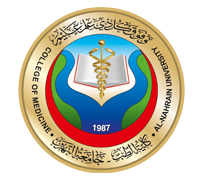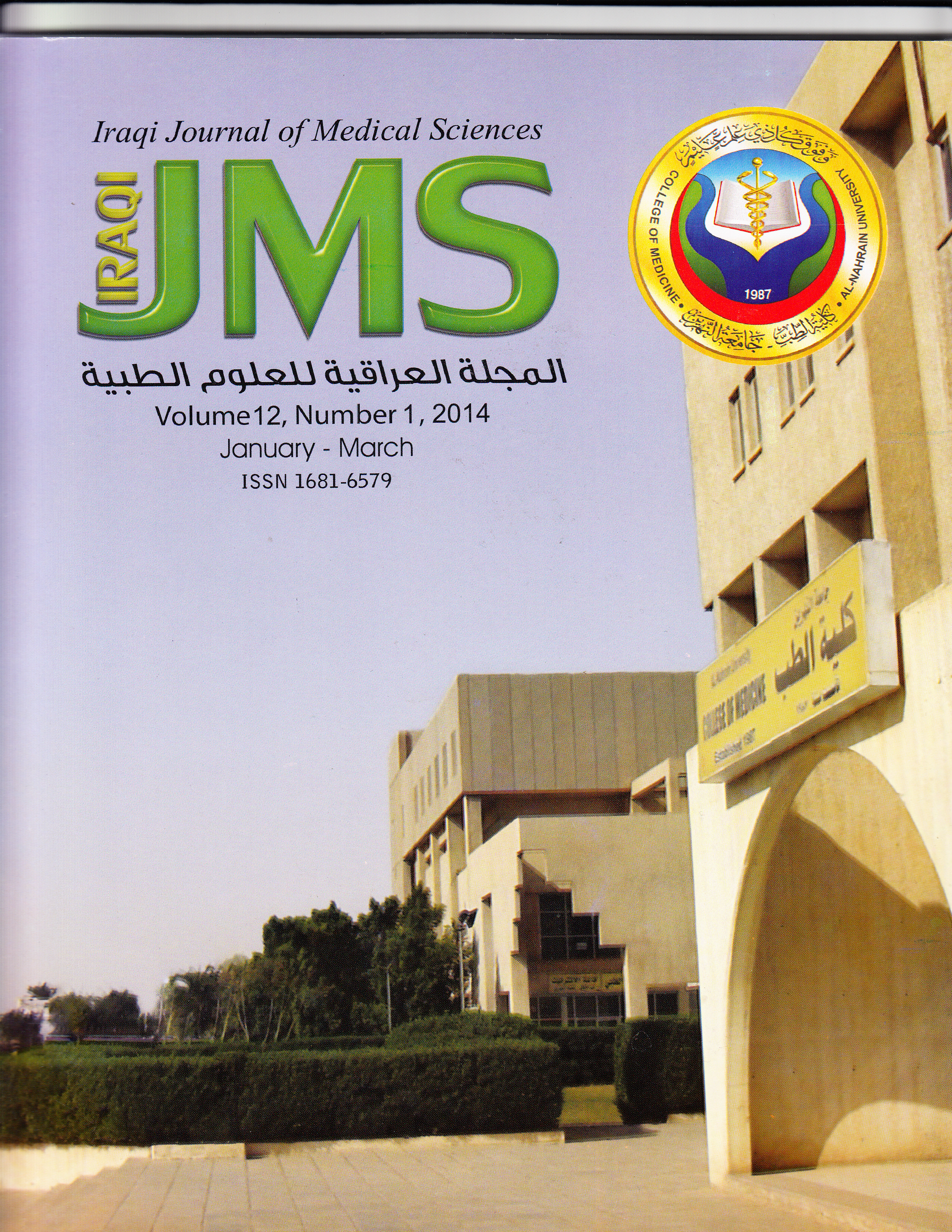|
Vol. 12 Issue 1 January - March / 2014
Published on website | Date : 2016-03-28 12:59:02
EFFECTS OF ATORVASTATIN AND MELATONIN ON GLYCEMIC CONTROL AND LIPID PROFILE IN TYPE 2 DIABETIC PATIENTSHaitham M. Kadhim, Faruk H. Aljawad, Hashim M. HashimAbstractBackground: Dyslipidemia is a modifiable cardiovascular disease risk factor that remains largely uncontrolled in patients with type 2 diabetes mellitus. Administration of melatonin may improve tissue responses to insulin and increase the efficacy of drugs which act through this pathway like Sulfonylurea.
Objective:To investigate the effectiveness of Atorvastatin and melatonin that possess antioxidant and/or hypolipidemic effects on the changes that occur in patients with type 2 diabetes mellitus due to uncontrolled glycemic status. Methods: Forty one diabetic patients (26 female and 15 male) with an age 35-60 years and disease duration of 5-10 years were studied. Patients allocated to 3 groups, first group was treated with Placebo (starch 50mg; n=13), second group was treated with (Atorvastatin 20mg/day; n=14), while third group was treated with (Melatonin 10mg/day; n=14), in addition to the already given oral hypoglycemic agent (glibenclamide) and dietary control for 12 weeks. Biochemical parameter (baseline, 6 and 12 weeks later) including and lipid profile tests were done. Results: Atorvastatin and melatonin administration significantly increases fasting serum glucose and glycated hemoglobin levels, with significant decrease in cholesterol, triglycerides, and low density lipoprotein. However, the effects on these parameters were variable between the studied groups. Conclusion:The administration of Atorvastatin may induce hyperglycemia despite of its hypolipidemic effect, while melatonin could improve both glycemic control and lipid profile in patients with type 2 diabetes mellitus. Key words: Atorvastatin; melatonin; glycemic control; type 2 diabetes mellitus. Full-text |
Some tools below are only available to our subscribers or users with an online account |
 |
Please wait until the current process completes ... |




